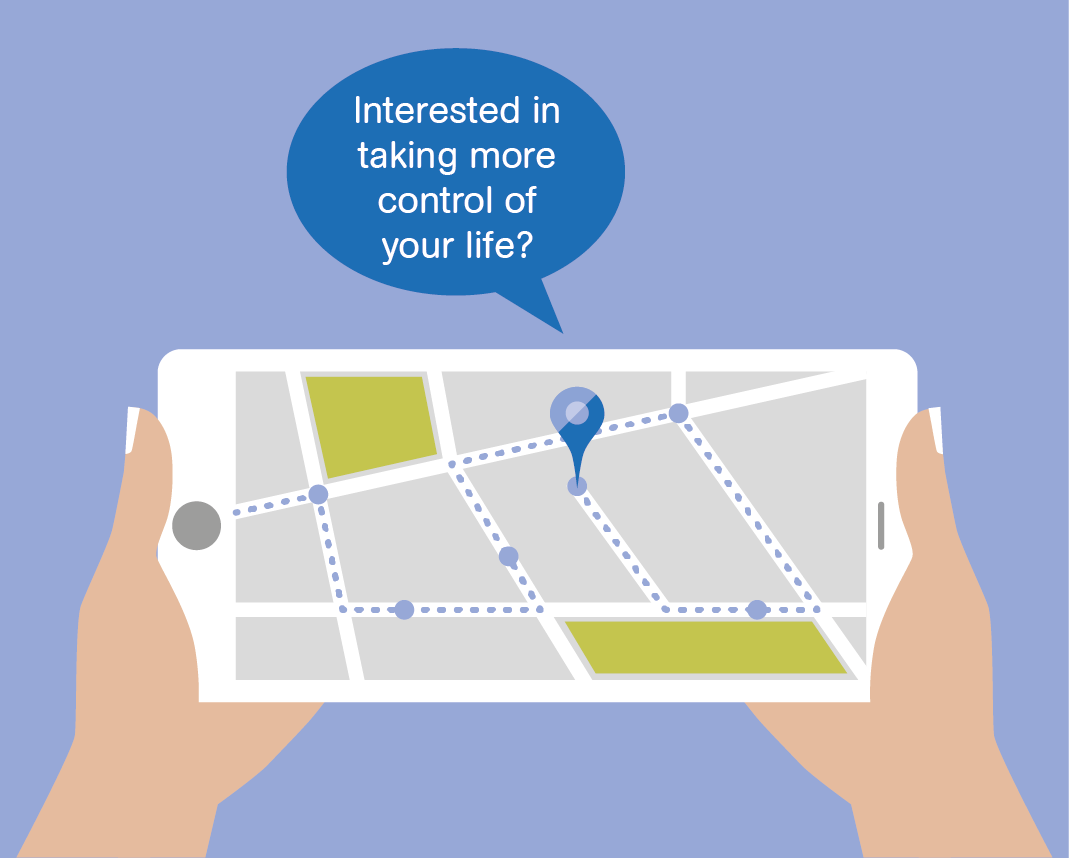
Following an initial six month research and recruitment phase, we have facilitated 5 day-long co-design workshops which have brought together people with lived experience of substance misuse recovery and practitioners from Grampian Health Board, Aberdeenshire Council and 4 voluntary sector providers (Turning Point Scotland, Cair Scotland, Drugs Action and Aberdeen Foyer).
We are using the Design Council 'Double Diamond' design methodology to explore the barriers and opportunities that self-directed support presents for people in recovery for substance misuse and to design solutions and new products to address these. The workshops have also been designed to prepare co-design team members with lived experience to be ready to apply for the two peer support worker posts that will be integral to phase 2 of this project.
Workshops have covered the following topics:
Workshop 1: Getting to know one another, thinking about recovery, finding out about Pilotlight and co-design, thinking about how we want to work together, learning about self-directed support (values and principles) and action research.
Workshop 2 : Finalising Working Together Agreement, more about self-directed support (4 options) and recovery (barriers and opportunities), test budgets – beginning to plan using recovery outcomes, peer supporter roles, research feedback, designing Pilotlight characters (fictitional people in recovery form substance misuse) for use in design activities).
Workshop 3 : Introducing our Pilotlight characters, self-directed support case study from Hampshire, designing self-directed support for our Pilotlight characters, agreeing our working themes, test budgets – continuing to plan, discussion about peer support.
Workshop 4 : Beginning work on theme 1 (SDS and the recovery journey) and 2 (Maximising outcomes), test budgets – feedback on initial spend and continuing to plan, guest speakers from Turning Point Scotland on peer support work and starting to develop the peer support worker role description.
Workshop 5 : Completing work on theme 1 (SDS and the recovery journey) and 2 (Maximising outcomes), test budgets – feedback on progress and continuing to plan, peer support workers : employee and employer expectations, peer support workers : designing interview questions, specimen answers and practice.
At the next workshop on 28th April we will begin working on our third and fourth themes - 'Positive risk taking' and 'Personal approach by providers''
